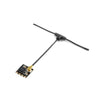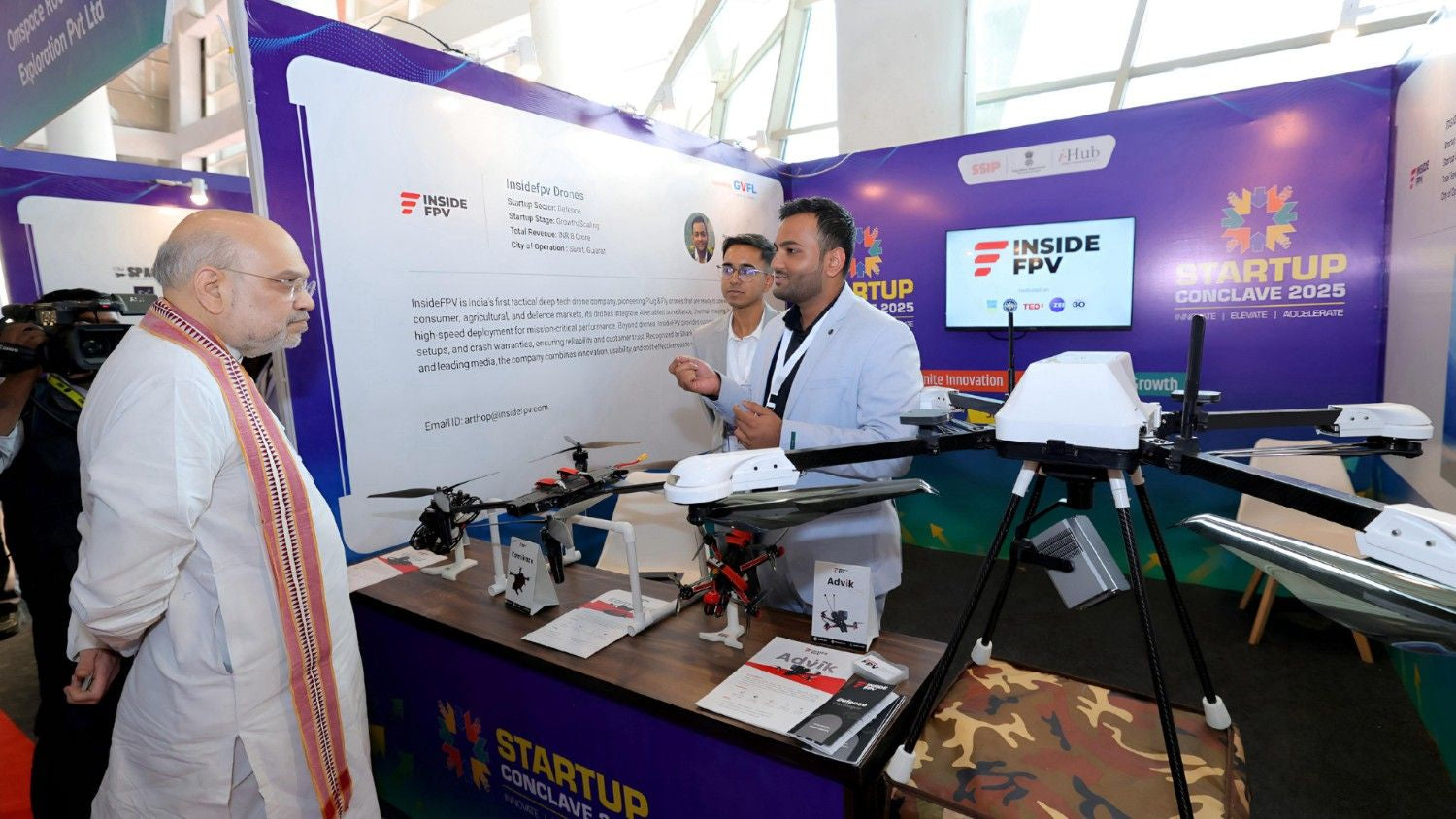The Indian drone industry is at a critical crossroads. Just a few years ago, the Drone Rules of 2021 gave the sector the freedom and clarity it desperately needed to grow. These reforms cut down on excessive paperwork, simplified licensing procedures, and built a trust-based ecosystem.
That momentum has already placed India among the world’s fastest-growing drone markets.
But now, with the release of the draft Civil Drone (Promotion and Regulation) Bill 2025, there is renewed debate over whether the progress of the last four years could face a serious setback.
At insideFPV, we believe this discussion is not only about regulations but about the future of India’s leadership in drone technology.
The Promise of 2021: A Landmark Moment for Indian Drones
When the Drone Rules 2021 were introduced, they were hailed as a turning point for the industry. Some of the most important reforms included:
Reduced paperwork: The number of approval forms came down from 25 to just 5, making the process faster and simpler.
Decriminalization of offenses: Many violations that were earlier treated as criminal were reclassified, shifting the focus from punishment to trust.
Digital Sky platform: A single, user-friendly online platform became the hub for approvals, encouraging transparency and easy compliance.
Boost for entrepreneurs and manufacturers: Startups gained the confidence to invest, while manufacturers had the freedom to innovate.
Growth across sectors: In just four years, India saw:
-
A surge in drone startups
-
Major advancements in defense applications
-
Breakthrough use cases in agriculture and logistics
Government support: The Production-Linked Incentive scheme was launched to strengthen domestic drone manufacturing.
Also read: India’s drone market: Size, growth and global positioning
What the Civil Drone Bill 2025 Proposes
The new draft bill introduces stricter penalties and tighter controls. While its stated goal is to ensure safety and security, industry experts worry about its long-term impact.
Let’s break down the key provisions.
Stricter Penalties
The bill introduces criminal punishments for violations.
-
For the first offense, penalties may include a fine of up to ₹50,000 or imprisonment of up to three months, or both.
-
Repeat offenses increase to fines of up to ₹1 lakh and imprisonment of up to six months.
-
For certain violations, imprisonment could extend up to three years.
This marks a sharp shift from the civil approach of 2021, where most offenses were treated with fines and warnings rather than jail time.
Mandatory Registration and Type Certification
-
The bill requires that every drone, whether for personal, commercial, or industrial use, must be registered and issued a Unique Identification Number (UIN).
-
Even sales, whether online or offline, fall under this mandate.
-
It also stresses that no drone can be manufactured or sold without a Type Certificate from the DGCA, unless specifically exempted.
While type certification was already present in 2021, this bill doubles down on the requirement.
Expanded Police Powers
Perhaps the most controversial provision is the power given to local police officers. Under the draft, a police officer can confiscate a drone purely on suspicion of illegal use.
This provision, according to many in the industry, creates uncertainty for legitimate operators who may find their equipment seized without due process.
Why the Industry is Concerned
The release of the draft bill has sparked strong reactions from the Drone Federation of India (DFI).
Smit Shah, President of DFI, has called the bill a “rollback of reforms” that risks undermining the progress achieved since 2021.
Compliance Burdens Return
The 2021 rules were designed to cut unnecessary red tape, but the new bill appears to bring much of it back.
Extra layers of approvals and registrations could discourage startups, which often operate with limited resources.
Atmosphere of Fear
The re-criminalization of offenses and the threat of confiscation by local police could create what DFI calls an “atmosphere of fear.”
Instead of encouraging innovation, the law might push operators to avoid experimenting with new applications.
Ignoring Real Enforcement Gaps
A crucial point raised by industry leaders is that the government has yet to crack down on truly problematic areas. Unregistered foreign drones, particularly low-cost Chinese models, continue to enter the market unchecked.
Uncertified agricultural drones are being sold freely without any enforcement.
Rather than addressing these loopholes through better customs checks and monitoring, the bill focuses on penalizing already compliant businesses.
A Punitive-First Approach
The concern is not about regulation itself but the balance. The DFI argues that focusing first on penalties, without fixing existing enforcement gaps, will punish the honest while allowing violators to slip through.
Also read: GST cut on drones: What it means for India’s drone industry
insideFPV’s Perspective: The Way Forward
Our preliminary review suggests that the Bill takes the ecosystem two steps back, again.
It introduces criminal penalties with imprisonment of one to three years and grants police the power to confiscate drones merely on suspicion, with detention extendable by court order. It also creates a lengthy claims tribunal process by routing compensation cases through Motor Accident Claims Tribunals and even allowing appeals up to the High Court, making resolution slow and burdensome.
These measures are being proposed without any real enforcement on those who continue to import and operate unregistered Chinese drones, avoid type certification, or sell uncertified agricultural drones openly.
Instead of closing compliance gaps through customs checks and DGCA oversight, the Bill may burden legitimate operators and stifle growth.
This is a matter of utmost urgency.
The Civil Drone Bill 2025 has raised concerns, but it has also opened an important conversation about the future of India’s drone ecosystem. This is the moment for industry, regulators, and innovators to come together and shape policies that balance security with progress.
At insideFPV, we remain optimistic. The Indian drone industry has already proven its resilience and creativity. With the right policies, there is no doubt that India can lead the world in drone technology.
For now, we encourage all stakeholders to submit their feedback to the Ministry of Civil Aviation before September 30, 2025. Your voice will help ensure that India’s drone journey continues on the path of innovation, safety, and global leadership.
FAQs
What is the Civil Drone Bill 2025?
It is a draft law introduced by the Ministry of Civil Aviation that proposes stricter regulations, penalties, and registration requirements for drone operations in India.
How is it different from the Drone Rules 2021?
While the 2021 rules simplified procedures and decriminalized many offenses, the new bill reintroduces criminal penalties, stricter registration, and broader police powers.
Why is the drone industry concerned about the bill?
Industry leaders believe it could stifle innovation, reintroduce compliance burdens, and create fear among legitimate operators, while failing to address existing enforcement gaps.































